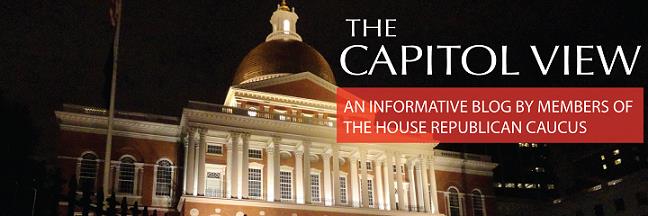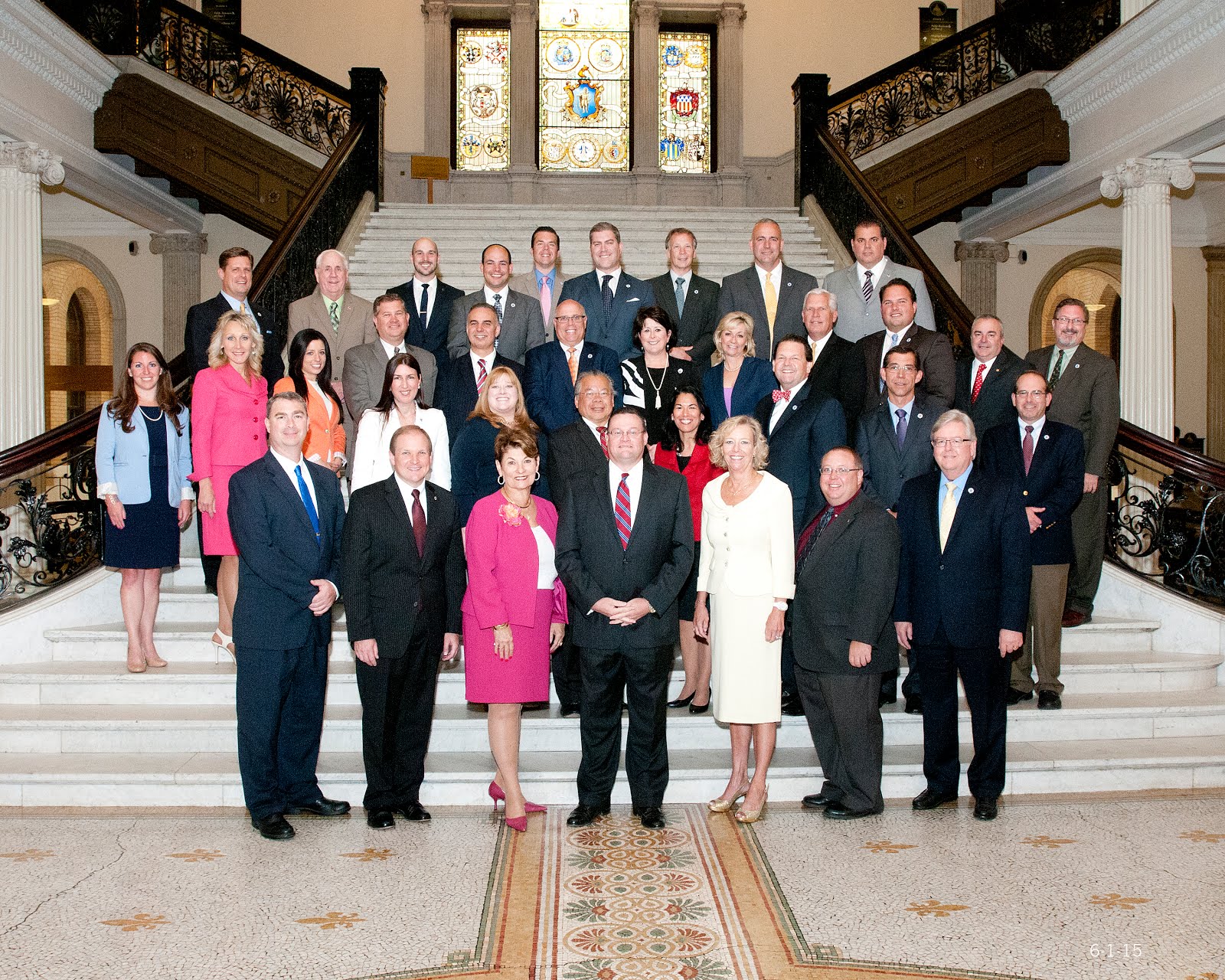The following opinion piece by State
Representative Mathew Muratore (R-Plymouth) appeared in the January 24th
edition of the Boston Globe’s Globe South section:
A recent Boston Globe article stated that the Commonwealth could face a $1
billion budget gap in fiscal year 2017. New taxes, or tax hikes, should not be
considered viable options for handling additional budgetary concerns. The
Commonwealth must learn to work within its means, relying on funding that is
already established and will not disappear.
The so-called structural or long-term revenue gap is a familiar and
mislabeled problem. Almost annually we hear about the gap in revenue. It
wrongly assumes that revenue rather than base-line spending is the problem.
Raising taxes would help offset current deficits, but it would not solve the
underlying problem of spending assumptions outpacing moderate revenue growth
long-term. While tax increases would avoid some hard spending choices, they
would not solve the real problem or offer long-term economic stability.
An over-reliance on one-time funding has led Massachusetts to dip into its
rainy day fund. Pulling from the fund again would further deplete state
resources and potentially harm our ability to borrow federal money at a low
interest rate. That’s why Standard & Poor’s credit rating services changed
Massachusetts’ outlook from stable to poor, noting a “decline in financial reserves
over the past several years despite a prolonged period of economic expansion
and generally positive revenue trends.”
Framing the problem as a revenue shortfall is a political label for
marketing a tax increase. An equally insidious marketing technique is assuming
program reforms automatically mean cuts in base-line services. True reforms
should lead to better-run programs with stronger resources behind them. As a
legislator with a strong health care background, I know that indiscriminate
service cuts are not a way to solve budget problems. As a businessman I also
know that efficiency and clear priorities tend to best serve those in need in a
sustainable manner.
Each of our families must face tough decisions every day to live within our
means. Why is the state spending money that it does not have? Increasing taxes
only pushes the problem onto another fiscal year. In order to have stronger
short- and long-term plans for the Commonwealth, now is the time to face our
budget issues.



